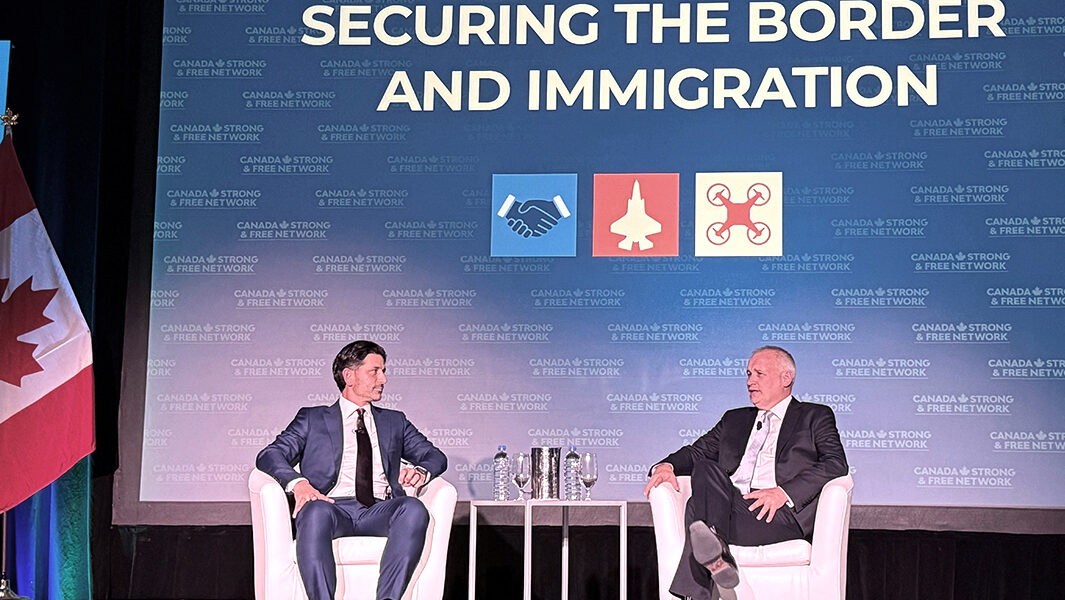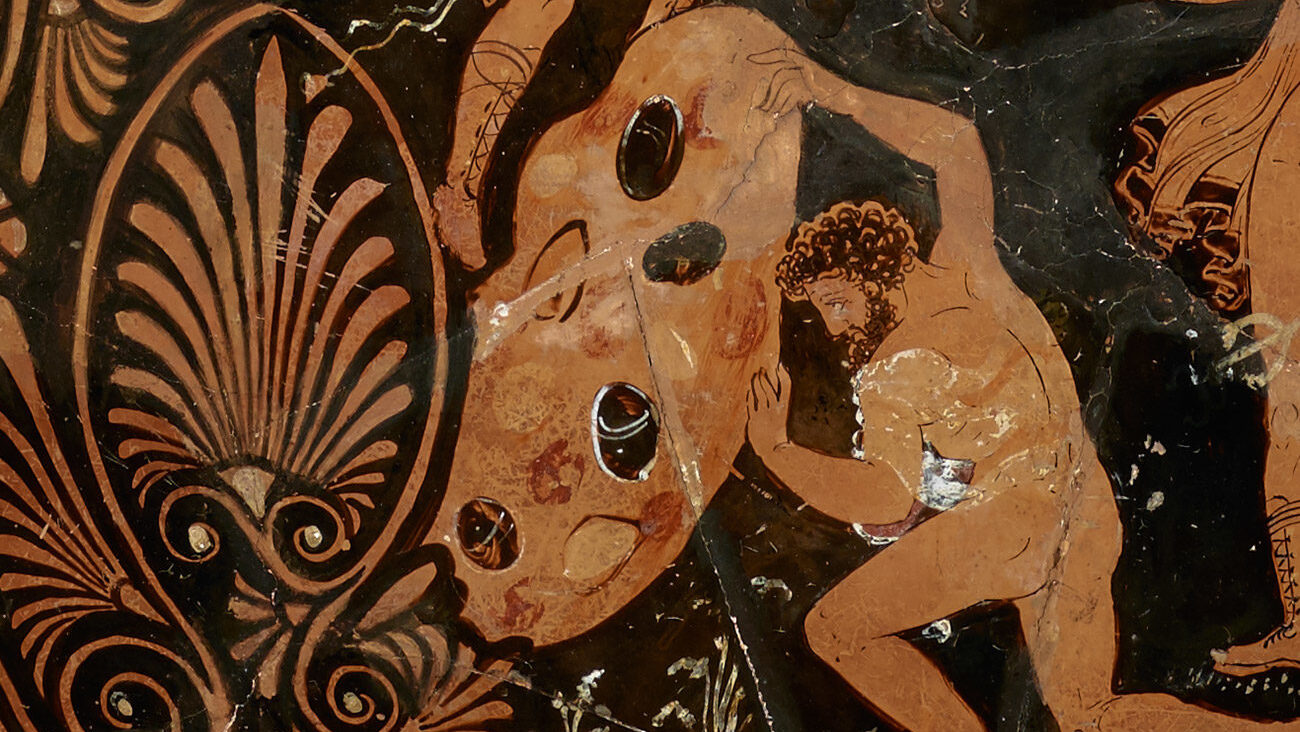Raja is a leader of the pro-Moscow group, Estonian Parents which has ties to the Impressum Media Club known to be a channel for Russian anti-Estonian propaganda.
Soon, the Russian-language propaganda website Baltnews used the original posting and comments as a news source. It authoritatively reported that the fence was to make hostages of Russian-speaking Estonians if war was to ensue between NATO and Russia.
An October 2016 poll established that fully 89% of Estonian-speaking respondents favour NATO membership, while 51% of Russian-speaking respondents oppose and 19% have no opinion. This was to be expected, since the Kremlin has systematically spread an anti-NATO narrative among Russian-speaking Estonians.
The intensity has increased substantially since the convening of a 2014 NATO summit that adopted a resolution that “strongly condemned Russia's illegal and illegitimate self-declared annexation of Crimea and its continued and deliberate destabilization of eastern Ukraine in violation of international law”. The summit also decided to strengthen NATO's defences along its members' borders with Russia.
After another NATO summit in 2016 promised to deploy additional troops to Poland and the Baltic states, Moscow's threats and accusations of NATO's confrontational behaviour continued full-tilt.
It has reluctantly been accepted that it's currently futile to convince Estonia's Russian-speakers that the Baltic states are not being used by NATO as some sort of advanced staging area for attacks against Russia or to intimidate Moscow. It's also difficult to persuade Russian-speakers exposed constantly to Russian social media or TV channels that NATO is not gaining economic benefits from its presence in the Baltic states.
One may question why Russian-speakers do not consider the government established Russian-language channel ETV+ to be a credible source of news and opinion? Because most Estonian Russian-speakers watch Russian media channels as their primary information source, full of twisted news and blatant disinformation. In fact it's likely that any attempts to convince them that information broadcast from Russia is actually targeting them and often distorted or outright fabricated. This sort of explanation, pointing to the unreliability of news from Russia is immediately dismissed as Western propaganda.
Depending on the news channel, Russian-speakers and Estonian-speakers see very different versions of the truth, This places the communities in a totally separate and different information space. The anti-NATO narratives are currently difficult to neutralize or to discredit in the eyes of Estonian Russian-speakers. Perhaps the continued presence of NATO units themselves will somehow mitigate their demonizing by the Kremlin and limit the anti-NATO narrative. Wishful thinking?
Laas Leivat, Toronto



